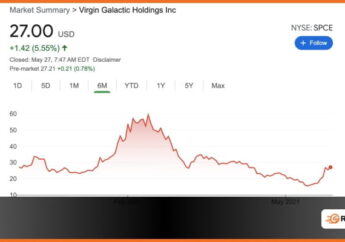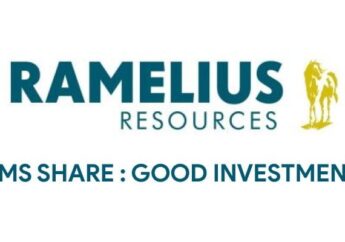Building Trust In Your Investment Manager
by Mashum Mollah Investing Published on: 23 April 2019 Last Updated on: 17 March 2020

The turn of the century began with Enron, whose executives, through the use of dishonest accounting practices, concealed billions of dollars of debt.
Eventually, the company filed for bankruptcy and shareholders lost their investments.
Seven years later we heard about Bernie Madoff, whose clients lost billions of dollars in a Ponzi Scheme when Madoff deposited investors’ funds and then falsified their investment returns.
Both the Enron and Madoff scandals are extreme examples of trust being betrayed in the world of finance and investing.
Integrity, transparency and the alignment of firm interests with clients is critical, says Hilton Capital Management, an investment management boutique that thrives on a culture of transparency and access.
Investors put a high emphasis on trust when selecting finance professionals. Trust and transparency act as the building blocks on which the client and advisor relationship is formed. Clients entrust their assets, and any emotions attached to them, to personal finance professionals.
Clients must feel that their finances are under proper fiduciary guidance in order for a relationship to succeed.
“Our advice would be to search out an investment manager that has the experience,
discipline, integrity and a strong investment process that will succeed in any market
dynamic,” says Hilton Capital.
From a business perspective, building trust is vitally important to financial advisors and investment managers.
Oftentimes, growing a financial services business happens initially through the client referral process. And it should go without saying, clients are more likely to refer potential new business if they trust their advisors.
Furthermore, trust plays an integral role in client retention. So, how is trust built? Here are a few key ingredients.
Critical Pillars In Building Trust:
- Clients feel that financial professionals are being advocates, acting in their best interests.
By being transparent with fee structures, the planning process, and potential performance outcomes, an advisor can begin a new relationship on a positive note.
- Educating clients. This is done by demonstrating that the financial services provided are linked to the clients’ values and desired outcomes. It shows that the path to these potential outcomes has been thought through and is pivotal to developing trust.
In turn, financial advisors must trust any active money managers they employ on their clients’ behalf.
- Actively listening to clients, and proving to them that they are understood. Clients want solutions to their questions and needs, but underlying these solutions should be empathy and understanding from the finance professional.
- Being transparent, showing a client the specific steps to be taken during the investing process.
When a financial professional has an outlined process in place, a client sees what lies ahead.. Break down the overall money management process into digestible steps. Laying the groundwork can be crucial to minimizing any client anxiety in financial planning.
It is important that financial professionals stay thoroughly involved with their clients, ensuring the trust is always present.
Read Also:







































































































